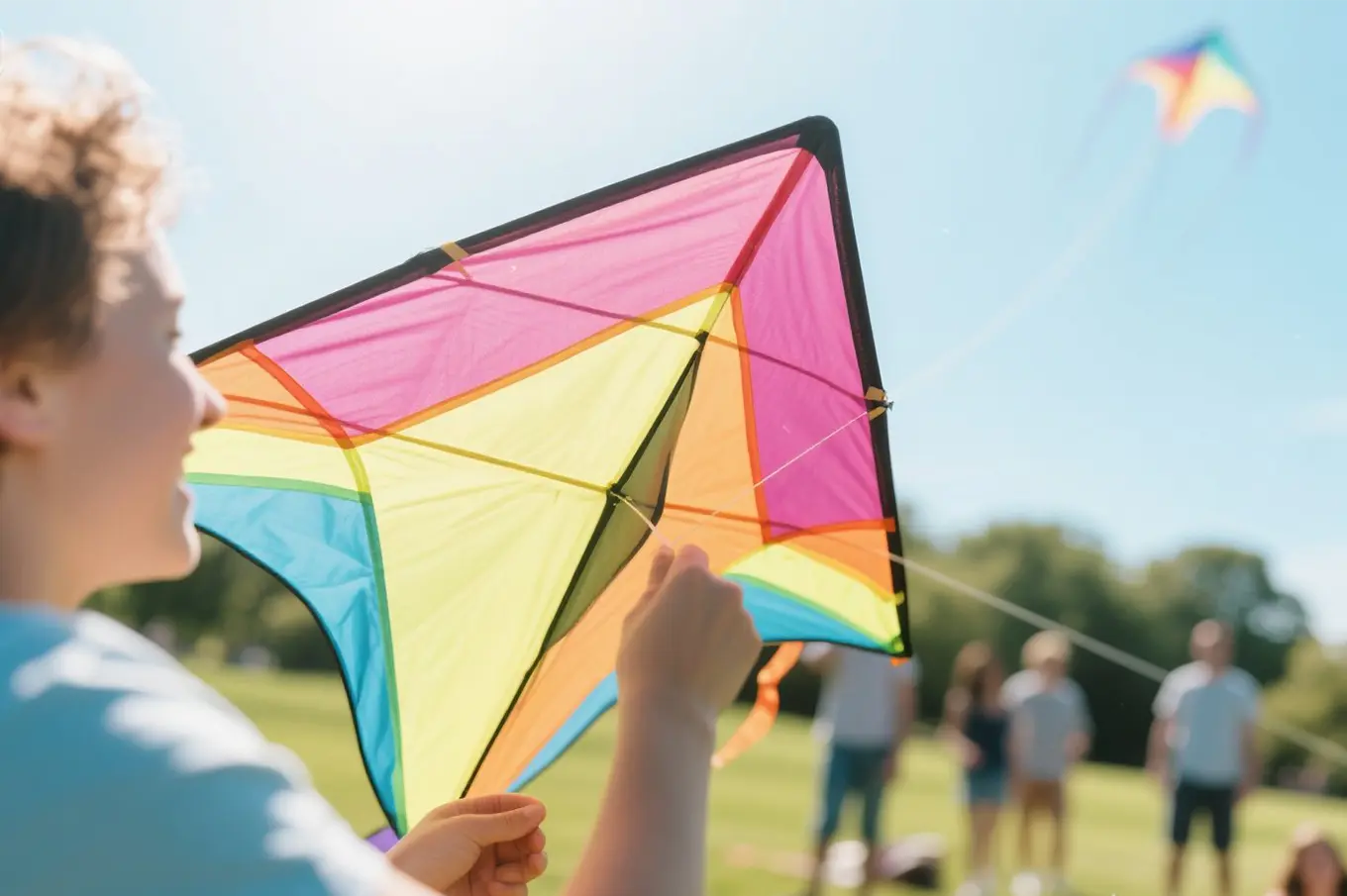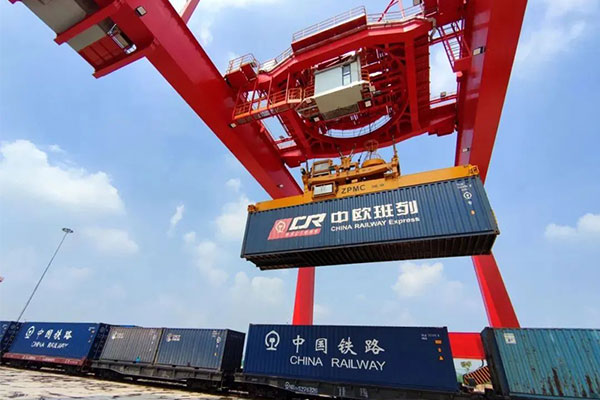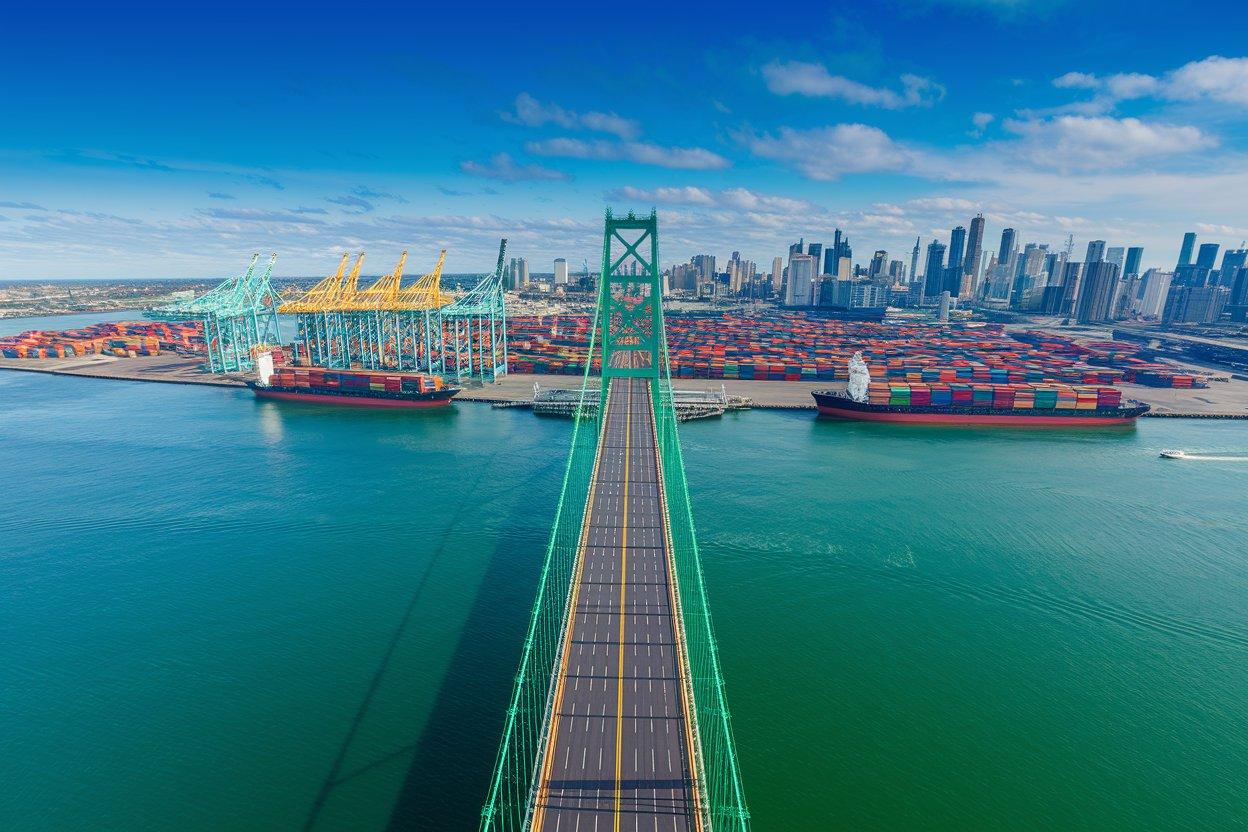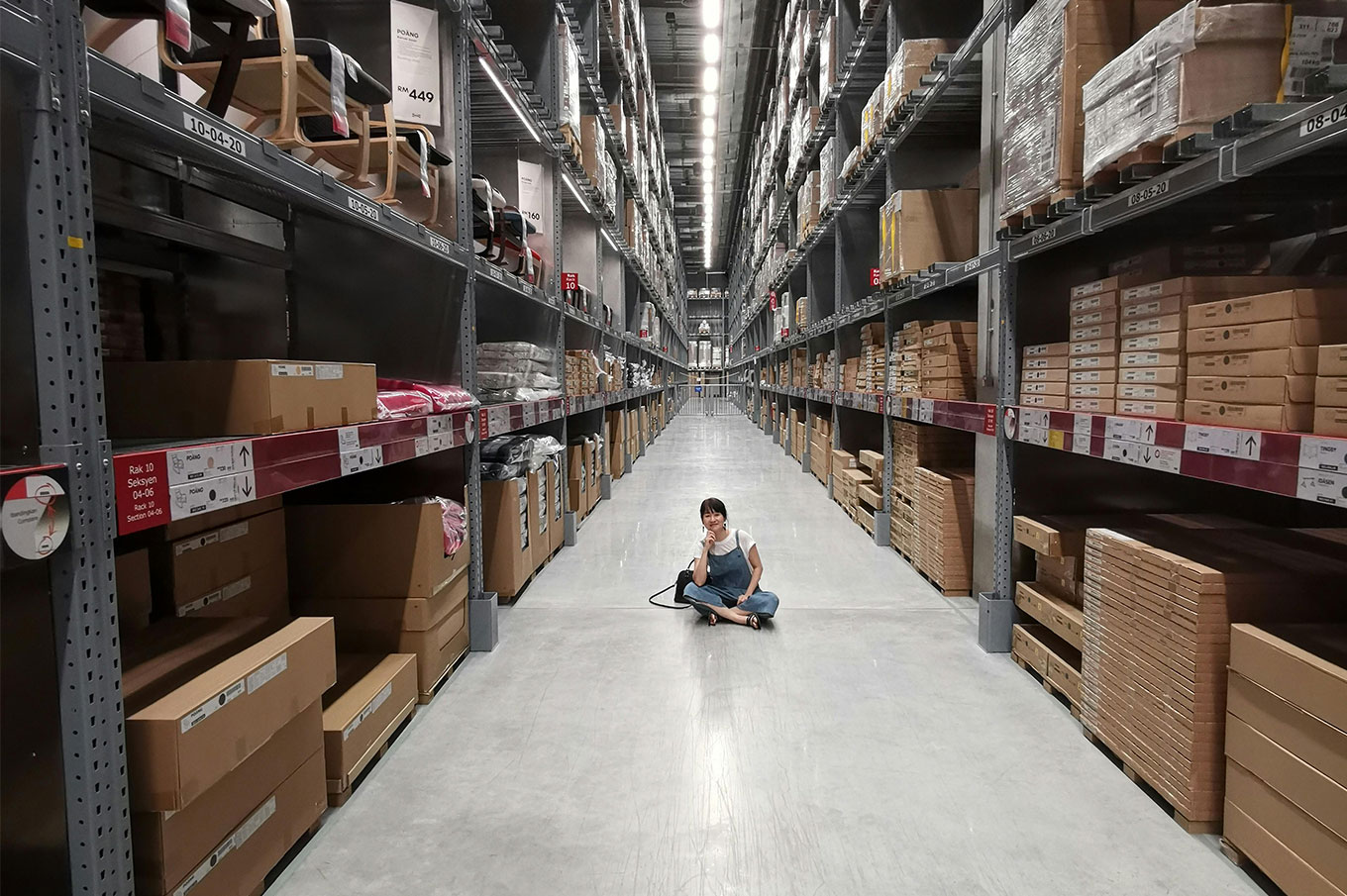- Shanghai Zhongshen International Trade Co., Ltd., with 20 years of experience in foreign trade import and export agency services.
- Service Hotline: 139 1787 2118
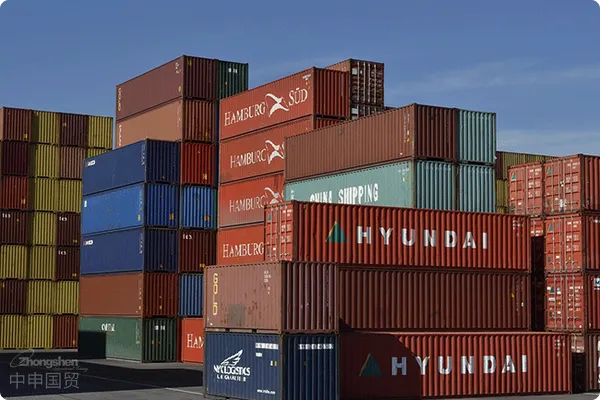
Under the globalized business landscape, exporting lighting fixtures to Russia is an opportunity-filled choice. As a vast country with a huge consumer market, Russia has a continuous demand for lighting products. Below are some key steps and points on how to export lighting fixtures to Russia.
I. Market Research
Demand Analysis
- Understand the differences in lighting needs across various regions of Russia. For example, in major cities like Moscow and St. Petersburg, there is a higher demand for stylish, high-end, and energy-efficient indoor lighting fixtures, such as minimalist chandeliers and smart ceiling lights. In contrast, industrial cities or remote areas may prioritize functional, durable, and relatively affordable lighting solutions, such as industrial lighting fixtures or basic outdoor streetlights.
– Study the influence of Russian architectural styles on lighting fixture requirements. Traditional Russian architectural styles are unique, and some buildings with Russian characteristics may require specific types of lighting fixtures in their illumination design, such as retro-style wall lamps.
Competitive Landscape
– Investigate the lighting brands and products already present in the Russian market. This includes analyzing the market share, product positioning, and price ranges of both internationally renowned brands and local brands. For instance, some European brands may dominate the high-end lighting market, while Russian domestic brands hold a certain share in the mid-to-low-end market due to their pricing and local service advantages. Understanding the strengths and weaknesses of competitors will help in identifying the market positioning for your own products.
– Keep an eye on emerging lighting competitors, especially new entrants that may come from other lighting exporting countries such as China and Turkey, and analyze their product features, marketing strategies, etc.
II. Product Compliance
- When exporting lamps to Russia, a series of certification standards must be met first. For example, lamps need to pass the GOST - R certification. GOST - R is the Russian national standard certification, which covers various requirements such as the safety and electromagnetic compatibility of lamps. For lighting products, the certification process will conduct strict inspections on the electrical safety performance of lamps, including the insulation performance and grounding protection of lamps. For example, the insulation resistance of lamps must reach a certain value to prevent the risk of electric shock to users.
In Russia, lighting products must comply with a series of certification standards. For example, the GOST-R certification is the basic product conformity certification. There are strict requirements for electrical safety, electromagnetic compatibility, and other aspects. The electrical insulation, grounding protection, and other features of lighting fixtures must meet relevant technical specifications to ensure safe use in Russia.
– For specific types of lighting fixtures, such as explosion-proof lamps used in hazardous locations like petrochemical plants, additional professional certifications are required. Ensure the product is designed and manufactured in accordance with Russian standards, or make necessary modifications to meet certification requirements.
Labeling and Packaging
- The labels on lighting products must include necessary information in Russian, such as the product name, specifications, manufacturer's name and address, usage instructions, safety warnings, etc. The packaging must be sturdy to withstand Russia's transportation conditions, including potential low temperatures and long-distance shipping. Additionally, the packaging should bear markings and information that comply with Russian regulations.
III. Establishing Sales Channels
Agents and Distributors
- Seek experienced and reputable local agents or distributors in Russia. They are familiar with the Russian market environment, sales channels, and customer needs. Suitable partners can be found by participating in international lighting exhibitions, utilizing industry networking platforms, or consulting trade promotion agencies. Sign clear cooperation agreements with agents or distributors, specifying the rights and obligations of both parties, such as sales targets, marketing responsibilities, after-sales services, etc.
Online Sales Platforms
- Consider leveraging local Russian e-commerce platforms such as Wildberries and Ozon. Setting up stores on these platforms can directly connect you with a large number of Russian consumers. Pay attention to the platform's entry rules, operational models, and fee structures. Additionally, optimize product pages by providing accurate product descriptions and high-quality images to attract consumers and drive purchases.
IV. Logistics and Transportation
Packaging and labeling
- Select the appropriate transportation method based on the quantity, volume, weight, and delivery requirements of the luminaires. For small batches, high-value luminaire samples, or urgent orders, air freight can be chosen.air freightfreight is an option—fast but costly. For large-scale exports,Ocean shippingis a common choice, as it is cost-effective despite longer transit times. Rail transport can also be combined, especially for trade routes between Central Asia and Russia, offering certain time and cost advantages.
Logistics Partners
- Select reliable logistics partners to ensure that the lighting fixtures can be safely and timely delivered to Russia. The logistics provider should have experience in handling fragile items such as lighting fixtures and be able to offer appropriate packaging, warehousing, and transportation solutions. Additionally, consider the logistics provider's customs clearance capabilities in Russia to avoid issues such as cargo delays at customs.
V. After-Sales Service
Technical Support
- Provide technical support for clients in Russia. Since lighting products may involve issues such as installation, debugging, and maintenance, it is crucial to establish a professional technical support team or collaborate with local technical service providers in Russia. Timely technical consultations and solutions can be offered to customers through phone calls, emails, or online customer service.
Warranty and Returns
- Establish clear warranty policies that comply with Russian consumer rights and protection regulations. For lighting fixtures with quality issues, provide reasonable return and exchange services. This will help enhance the brand's reputation and customer satisfaction in the Russian market.
Exporting lighting fixtures to Russia requires comprehensive consideration of factors such as market research, product compliance, sales channels, logistics, and after-sales service. Success in the Russian lighting market depends on thorough preparation in all these areas.
Recommended for You
Contact Form
? 2025. All Rights Reserved. Shanghai ICP No. 2023007705-2  Shanghai Public Network Security Record No. 31011502009912
Shanghai Public Network Security Record No. 31011502009912

